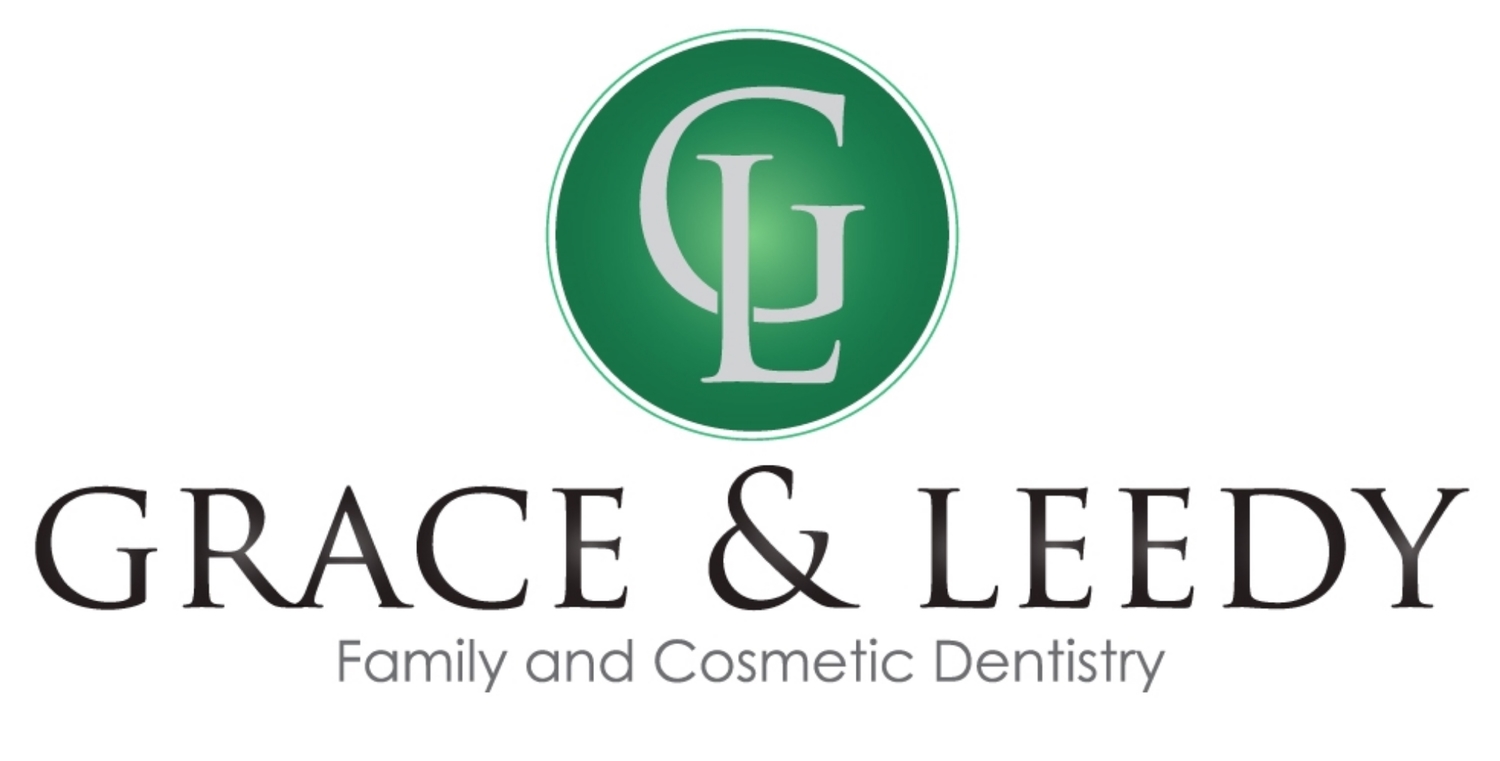There is a necessary part of visiting the dentist that most of us do not particularly look forward to, and that is the use of local anesthetics. This procedure, usually performed through means of a needle into the gum, is used to numb a particular area of the mouth and teeth. This numbing of a certain area allows the dentist to work on nearby teeth without causing the patient pain.
The use of local anesthetics is extremely common in a variety of dental procedures. Rarely does a day go by in a dental office that it is not used in some capacity. While the thought of an injection into the gums can be a little unnerving, we thought we’d outline the process in more detail. This will help patients see it is really quite easy to prepare for the use of local anesthetics.
When Should I Expect An Anesthetic?
For those that haven’t been to the dentist in a while, there is a common misconception that more substantial procedures, including those that require an anesthetic, will be performed right away. In reality procedures like fillings are scheduled separately, and the first appointment consists of just a dental cleaning and checkup. So if you’re putting off going to the dentist, this is just another reminder that it’s easy and painless to come in for a checkup!
There are however other appointments that focus on needed dental work, and these can sometimes involve the use of an anesthetic. If you have questions as to whether or not anesthesia will be used, ask your dentist during your checkup or when you’re scheduling follow up appointments.
How It Works
Many dentists utilize a numbing gel to prime the patient for an anesthesia injection. This gel reduces feeling in the gum area and makes it easier for the dentist to administer a needle to the gums. Think less flinching and easier delivery of the anesthetic to gum. The dentist or their assistant will leave the numbing gel, usually on a long swab, in your mouth for 4-5 minutes to give it time to work. When ready, it is now time to deliver the anesthetic. It is important to remain calm and collected when the dentist is administering the shot. For one you don’t want to flinch and have the dentist miss their intended spot. Remaining calm will also ensure the dentist has to use the least amount of injections possible, which is always beneficial for the patient.
As the dentist administers the shot, a deep breath from the patient always helps things go smoothly. Truly you will only experience a slight pin prick as the shot is administered. Depending on where the dentist is working on, they may deliver two shots to the same area, or shots to several areas. Dentists carefully plan where they work each appointment, so you should expect the anesthetic to be delivered only a 1-2 select areas per appointment. This also reduces discomfort for the patient. With the anesthetic delivered, the dentist will then wait several minutes for the drug to go into effect.
The Effects Of A Local Anesthetic
The primary use of an anesthetic is to numb your mouth and teeth in a certain area, but you can expect other sensations as well. First you will immediately notice a slight adrenalin rush due to the small concentration of epinephrine in the anesthetic. This is normal and it helps your body accept the anesthetic faster. It is common to experience a little anxiety and nervousness due to the epinephrine, but it will quickly pass in a minute or two. Ask your dentist to raise the chair back up so you’re sitting upright for this part as it helps it pass.
Depending on where the anesthetic is administered, your tongue may become numb or tingle as well. Again this is completely normal. Your eye nearest the injection site might even feel a little numb, but this should pass within a matter of minutes. As the anesthetic sets in, your lips and cheek may begin to feel a little swollen, which is also natural. Remember your mouth may feel strange due to the effects of the anesthetic, but it will actually feel exaggerated to you since your nerves aren’t receiving the same signals as they normally would. It’s best to stay calm and remember these effects are only temporary.
After Your Visit
Once your dentist has completed the planned work, it still may take a couple hours for the anesthetic to fully wear off. Realistically it can take anywhere from one to five hours for the drug to fully wear off, and it can vary from patient to patient. This said, you may want to prepare for the fact that talking may be a little difficult and the area may be a little swollen for a few hours. You can certainly go back into work after your dentist uses an anesthetic, but we advise it would be best to schedule a visit that involves anesthesia around events like proposals, speeches and interviews, at least for a few hours after. It is important to remember it will feel weird to you, but those who don’t know you’ve had an anesthetic injection will hardly notice.
It is best to eat before the procedure, especially if you think you’ll be hungry afterward. This is because dentists advise that their patients refrain from eating until the anesthetic wears off. Should you attempt to eat earlier, you could bite your cheek or bite down too hard given your jaw in the effected area isn’t quite working like it normally would. You will still be able to drink fluids like water right after the procedure. Listen carefully for any other instructions from your dentist as they may vary depending on the procedure they just performed.
Final Thoughts On Dental Anesthesia
It’s natural to be a little nervous around the use of a dental anesthetic, but the process is really quite easy to get through. Be sure to ask any questions or voice any concerns before your dentist begins the procedure. They are there to make you as comfortable as possible. If it is your first time, it’s not a bad idea to schedule an appointment later in the day or take a few hours off work so you can rest and determine just how the procedure feels to you. We hope this article puts your mind at ease regarding dental anesthesia, but if you still have questions feel free to contact us or schedule a checkup at Grace & Leedy Family Dentistry.



